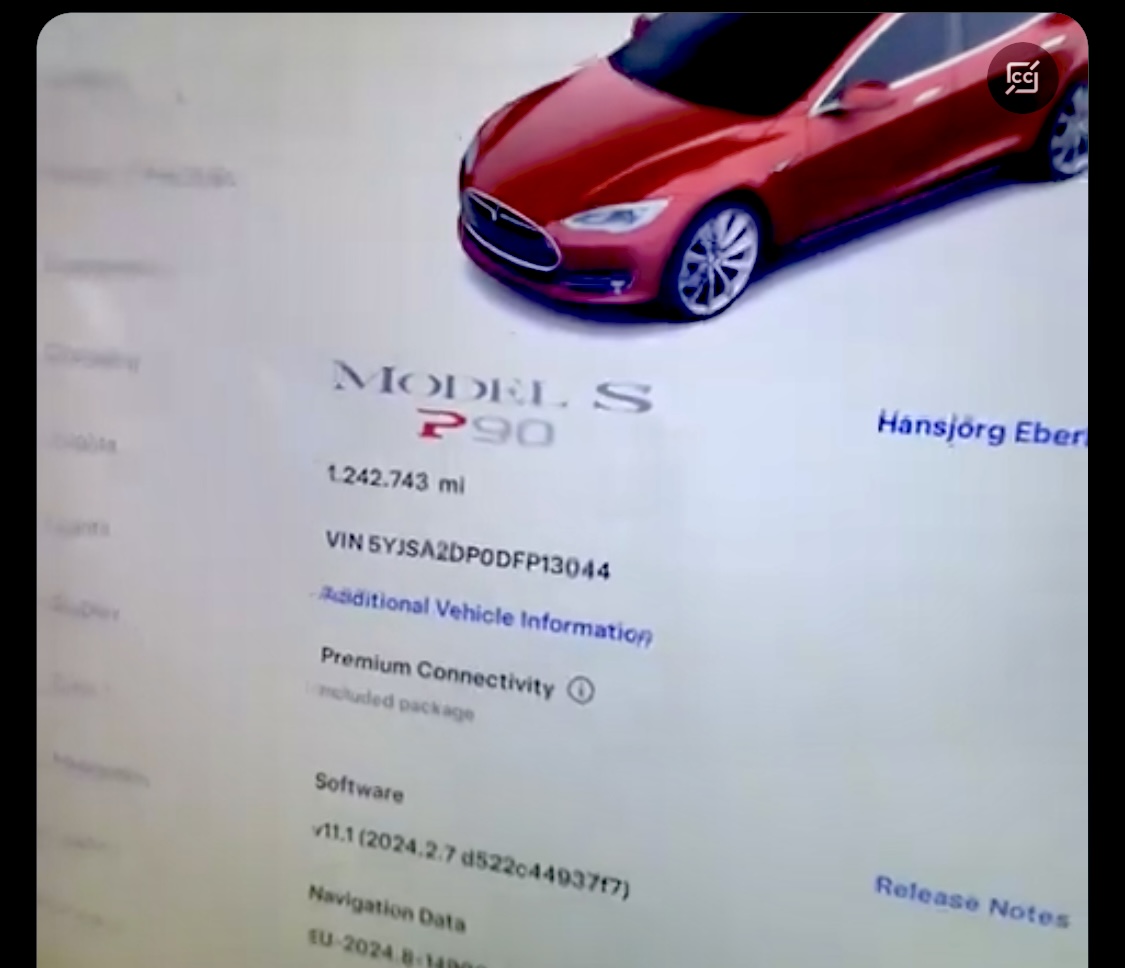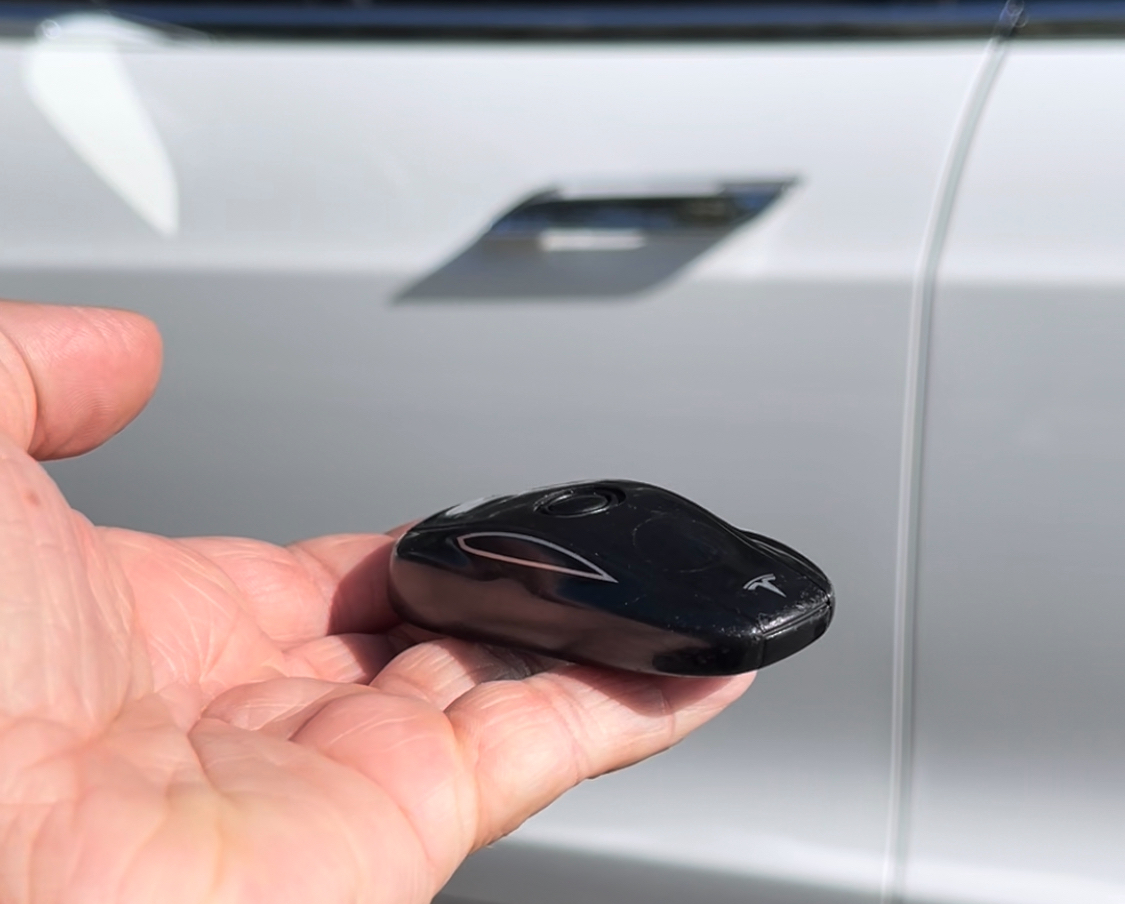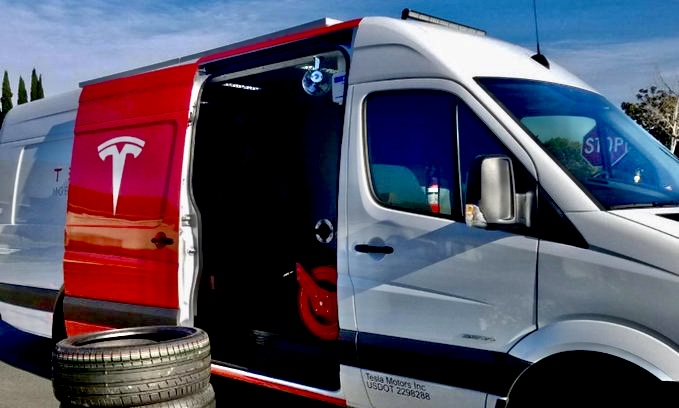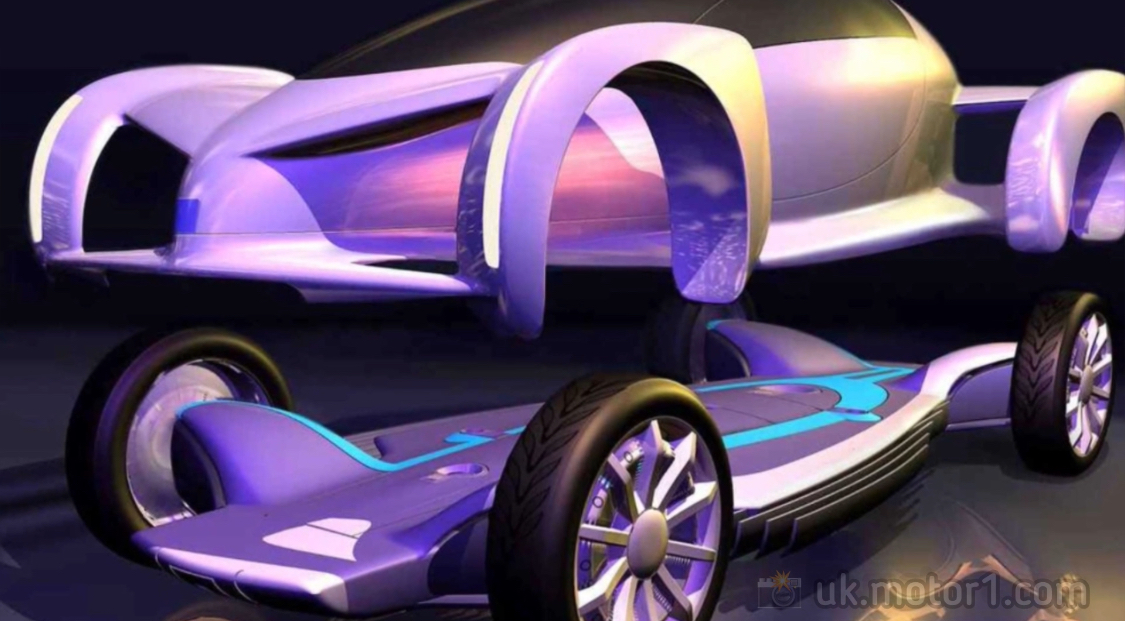20 More EV FAQs
More EV FAQ:
1. Can I charge my electric vehicle using solar panels?
Yes, you can charge your electric vehicle using solar panels. By installing solar panels at your home or utilizing solar-powered charging stations, you can harness renewable energy to charge your EV and reduce your carbon footprint. 🌿🔌
2. How does regenerative braking work in an electric vehicle?
Regenerative braking in an electric vehicle involves using the electric motor to slow down the vehicle while simultaneously converting the kinetic energy back into electrical energy. This energy is then stored in the battery, helping to recharge it and increase overall efficiency. ♻️🔋
3. Are there any incentives or tax credits available for purchasing an electric vehicle in my area? 💰🔌
In many regions, there are incentives and tax credits available for purchasing electric vehicles. These incentives can vary depending on your location and government policies. It’s advisable to research local regulations or consult with local authorities to determine the specific incentives available in your area.
4. What is the lifespan of an electric vehicle’s battery? ⏳🔋
The lifespan of an electric vehicle’s battery can vary depending on several factors, including the vehicle’s make and model, usage patterns, and environmental conditions. Generally, EV batteries are designed to last for many years, with an average lifespan of around 8 to 15 years or more.
5. Can I use an electric vehicle for towing or hauling heavy loads? 🚚🔌
Yes, electric vehicles can be used for towing or hauling heavy loads. However, it’s essential to check the specific towing capacity and load ratings of the electric vehicle you intend to use, as they may vary among different models. Be aware that you could lose a significant amount of range.
6. How does the range of an electric vehicle change when driving at high speeds? 🚗💨🔋
Driving at high speeds can have an impact on the range of an electric vehicle. Typically, driving at higher speeds increases aerodynamic drag and energy consumption, which can result in reduced range compared to driving at lower speeds. However, the exact range decrease will depend on factors such as the vehicle’s efficiency, battery capacity, and driving conditions.
7. Are there any limitations or considerations for long-distance road trips with an electric vehicle? 🛣️🔌
Long-distance road trips with an electric vehicle require planning and consideration. Some limitations to be aware of include the availability of charging stations along your route, charging times, and potential range anxiety. It’s essential to plan your charging stops in advance and utilize resources like charging station locator apps or websites to ensure a smooth journey.
8.How does an electric vehicle handle in off-road conditions or rough terrain? 🌿🚗🏞️
Electric vehicles can vary in their off-road capabilities, just like traditional vehicles. Some electric SUVs and crossovers are designed with off-road capabilities in mind, offering features like all-wheel drive and higher ground clearance. However, it’s important to research the specific electric vehicle model and its off-road capabilities before venturing into rough terrain.
9. Can I charge my electric vehicle at a regular household outlet without installing a dedicated charging station? 🔌🏠
Yes, it is possible to charge your electric vehicle at a regular household outlet using the Level 1 charging method. However, it’s important to note that charging using a regular household outlet is slower compared to dedicated charging stations (Level 2 or DC fast chargers). It may take significantly longer to charge your EV fully using a regular household outlet.
10. What is the expected maintenance cost difference between an electric vehicle and a traditional internal combustion engine vehicle? 💰🚗🔌
Generally, electric vehicles have lower maintenance costs compared to traditional internal combustion engine vehicles. EVs have fewer moving parts, no oil changes, and fewer components prone to wear and tear. However, it’s important to consider specific vehicle models and factors like battery maintenance and potential repairs, which can influence the overall maintenance costs.
11. Are there any special requirements or considerations for parking an electric vehicle in extreme weather conditions? 🌡️🌬️🔌
Extreme weather conditions can affect the performance and range of electric vehicles. In extremely cold temperatures, the range of an EV may decrease due to increased energy demand for heating. On the other hand, in extremely hot temperatures, the battery’s thermal management system may work harder to maintain optimal temperature. It’s advisable to park your EV in covered parking areas or garages when possible and utilize pre-conditioning features to optimize the cabin temperature before driving.
12. Can I charge my electric vehicle at public charging stations for free, or is there a cost associated with it? 🔌💲🚗
The availability and cost of charging at public charging stations can vary. Some public charging stations may offer free charging, while others may require payment. Charging costs can be based on factors such as the charging station provider, location, and charging speed. It’s recommended to familiarize yourself with local charging networks and their associated costs to plan accordingly.
13. What are the options for disposing of an electric vehicle’s battery once it reaches the end of its life? 🗑️🔋🚗
The disposal of electric vehicle batteries is a significant consideration for sustainability. Many spent batteries have a second life as stationary batteries or in factories. Additionally, EV manufacturers and battery suppliers have recycling programs in place to ensure the responsible handling and recycling of batteries. These programs aim to recover valuable materials and reduce environmental impact. It’s important to check with local recycling centers, dealerships, or EV manufacturers for specific battery disposal options available in your area.
14. How does the resale value of an electric vehicle compare to traditional gasoline-powered cars? 💰🔌🚗
The resale value of an electric vehicle can vary depending on factors such as the vehicle’s age, condition, make and model, battery health, and market demand. Generally, electric vehicles have shown favorable resale values, especially as the demand for EVs increases and more people embrace sustainable transportation options. However, it’s advisable to research specific models and consult with automotive industry resources or experts to get accurate and up-to-date information on resale values.
15. Can I install a home energy storage system to use the electric vehicle’s battery as a backup power source during outages? 🔌🏠🔋💡
Yes, the feature, known as vehicle-to-home (V2H) or vehicle-to-grid (V2G) technology, allows you to use the stored energy in your EV’s battery to power your home temporarily. However, it’s important to note that not all electric vehicles support this feature, and specific hardware and software may be required for V2H/V2G implementation.
16. Are there any limitations or concerns regarding the availability and cost of replacement parts for electric vehicles? 🛠️🔌💲🚗
Availability and cost of replacement parts for electric vehicles can vary depending on the make and model of the vehicle. While some parts may be readily available, others may have limited availability or higher costs due to the relative novelty of the technology. As electric vehicles become more widespread, it is expected that the availability and affordability of replacement parts will improve.
17. How does the weight distribution of an electric vehicle affect its handling and performance? ⚖️🚗🔌
The weight distribution of an electric vehicle, typically due to the positioning of the battery pack, can impact its handling and performance. With a lower center of gravity due to the battery placement, electric vehicles may have better stability and handling compared to some traditional gas-powered vehicles. However, the specific weight distribution and its effects can vary among different electric vehicle models.
18. Are there any limitations or considerations for charging an electric vehicle in apartment complexes or multi-unit homes? 🏢🔌🚗
Charging an electric vehicle in apartment complexes or multi-unit dwellings may present some challenges. It’s important to check with the property management or homeowners association to determine if there are designated charging stations or provisions for installing personal charging equipment. Some apartments may have shared charging infrastructure or require negotiation with the management to install dedicated charging stations. Additionally, you may need to consider the electrical capacity and potential costs associated with the installation.
19. What are the differences in charging speed and capabilities between different electric vehicle models? ⚡🔌🚗
The charging speed and capabilities of electric vehicles can vary depending on the model and the charging infrastructure available. Electric vehicles support different charging levels, including Level 1 (standard household outlet), Level 2 (240V charging station), and DC fast charging. The charging speed is determined by the vehicle’s onboard charger, the capacity of the charging station, and the vehicle’s battery technology. It’s important to research the charging capabilities of specific electric vehicle models to understand their charging speed and compatibility with different charging stations.
20. Can an electric vehicle be used as a power source for camping or outdoor activities, such as running appliances or charging other devices? 🔌🚗🔋
Yes, some electric vehicles can be used as a power source for camping or outdoor activities. Some electric vehicles offer power outlets or accessory options that allow you to run small appliances or charge other devices directly from the vehicle’s battery. This feature can be useful for outdoor enthusiasts or during power outages. However, it’s important to consider the battery capacity and energy usage to ensure you don’t deplete the battery beyond a reasonable range for driving.
Go electric ✌️
You must be logged in to post a comment.
You May Also Like
allEVehicles.com®, thatEVgirl® is a trademark of allEVehicles.com, Inc.
Designated trademarks and brands are the property of their respective owners.





There are no comments or questions yet.